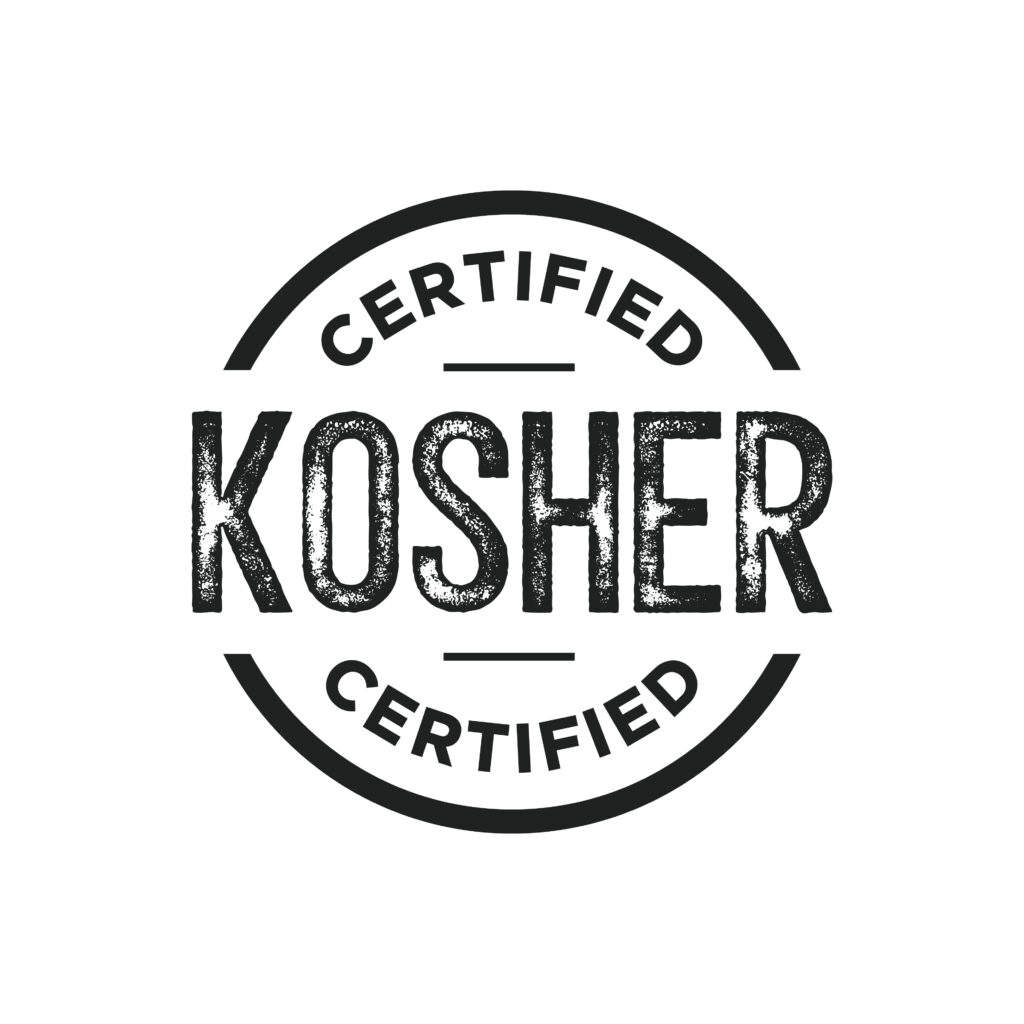
Kosher Food Standards
A Kosher diet is one that follows a specific set of guidelines for foods that are acceptable for consumption in the Jewish tradition. It is important for consumers following a kosher diet to know whether certain food products meet their dietary requirements.
Kosher food standards for the University of Toronto’s St. George campus were created by the department of Food Services in 2014 in cooperation with Hillel of Greater Toronto and the Multi-faith Centre according to the Kashrut Council of Canada’s C.O.R. Kosher certification regulations. These standards help raise awareness of the kosher options available to consumers while ensuring that clearly defined labeling practices are maintained across the St. George campus.
This document provides an outline of the kosher standards at the University of Toronto’s St. George campus, including formal definitions for campus providers serving kosher foods.
For more information about food standards at the University of Toronto, or about the Food Services department, please contact us.

Definitions
The term kosher originates from the Torah and when translated, literally means “acceptable”. It is a standard for the preparation of food and beverage products according to specific guidelines to make the foods acceptable for consumption by practitioners of the Jewish faith.
Kosher dietary standards conform to kashrut, or Jewish dietary law. A food may be deemed as not kosher for having ingredients that are derived from non-kosher animals or having been prepared in a non-kosher manner. It is important to remember that “kosher” is not a style of cooking but a way of preparing and consuming food that pertains to Jewish laws and rituals.
Kosher Food Standards
Preparation
All foods labeled as ‘kosher’ are prepared in a kosher kitchen.
Meat
Mammals and herbivorous animals are usually kosher, but only those with split hooves who chew their cud are acceptable, such as goats, cows and sheep.
Predatory birds such as eagles and hawks are not to be eaten. Birds that can be prepared in kosher tradition include ducks, geese, chicken and turkeys.
Fish can only be served as a kosher dish if they have scales and fins, such as tuna, cod, carp, herring, salmon, bass, trout and flounder.
Grains
Grains that have gone through a Passover may be eaten; otherwise the wheat must wait until Passover. When a large amount of dough is kneaded, a small part is removed and burned. This makes the dough kosher.
Fruits
Fruit harvested from plants and trees within the first three years of planting are not kosher. In the fourth year, a special procedure needs to be taken to make the fruit edible.
Meat Preparation
Animals are prepared by a trained kosher slaughterer who ensures the animal endures the least amount of pain and undergoes the quickest death. The animal’s organs are then inspected for abnormalities and the surface of the meat is salted for an hour to remove any remnants of blood in the carcass.
Meat and milk cannot be served or cooked together nor may they touch directly or indirectly with the same utensils. Kitchenware must be designated for meat and dairy respectively. Milk must come from a kosher animal.
For more information on kosher standards, visit the COR website.
Locations
The locations listed below serve Grab and Go Packaged foods that are prepared to Kosher Standards provided by PR Creative Catering
- Medical Sciences Cafeteria (MSB)
- Robarts Cafeteria
- Wolfond Centre
- New College Dining Hall
- Chestnut Residences Dining Hall
- CampusOne Dining Hall
- Hart House The Arbor Room
For information about locations on campus that offer Kosher meals, visit our Food Map!
Disclaimer: For further information, please ask to speak with a culinary team member or manager on location, or contact us.






